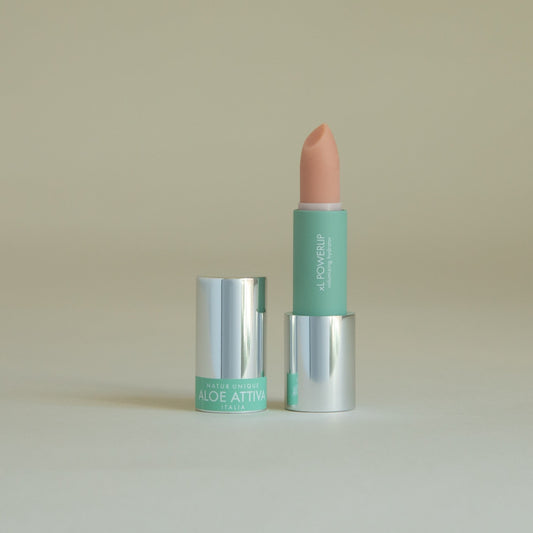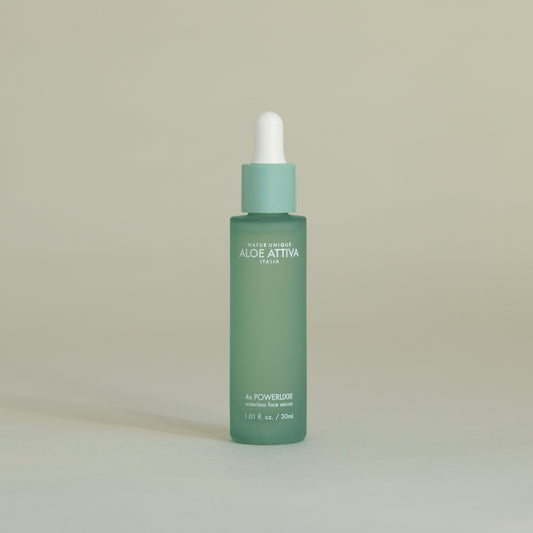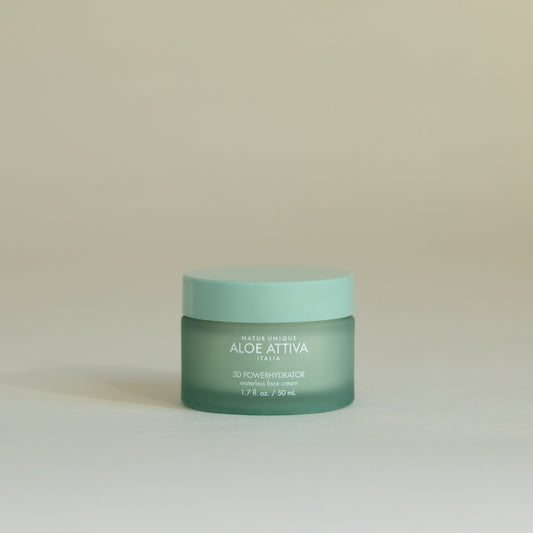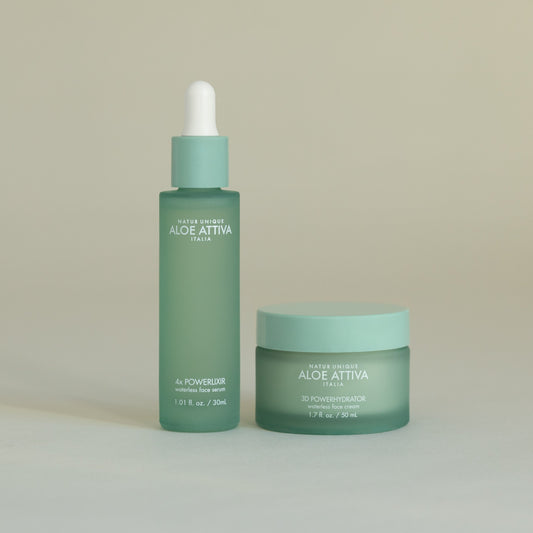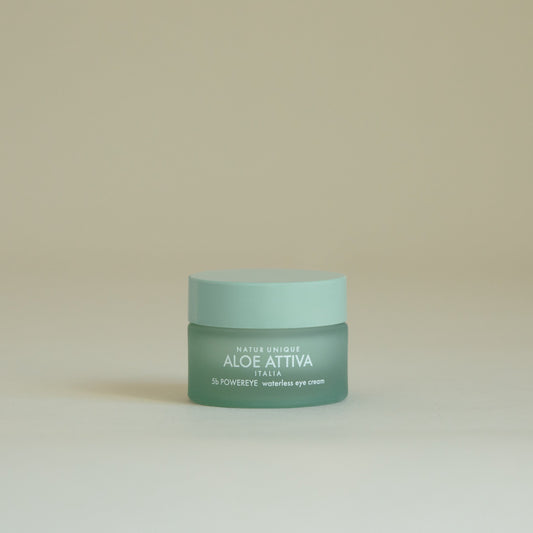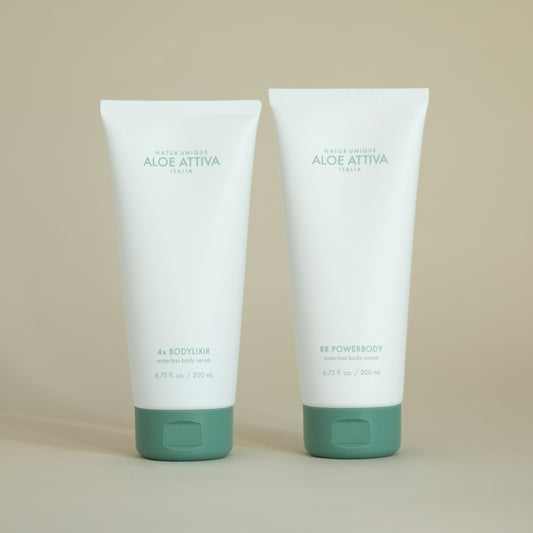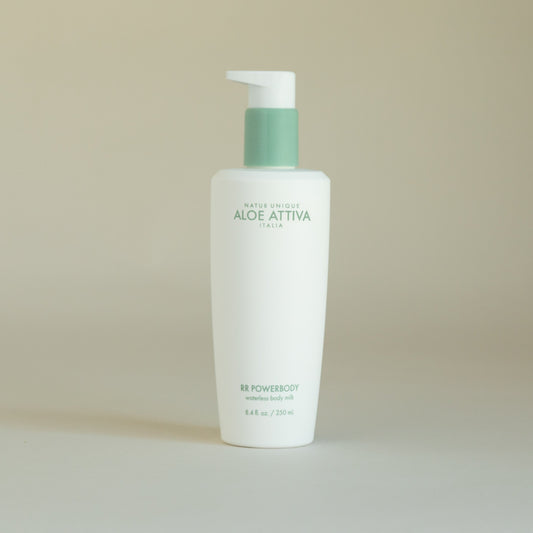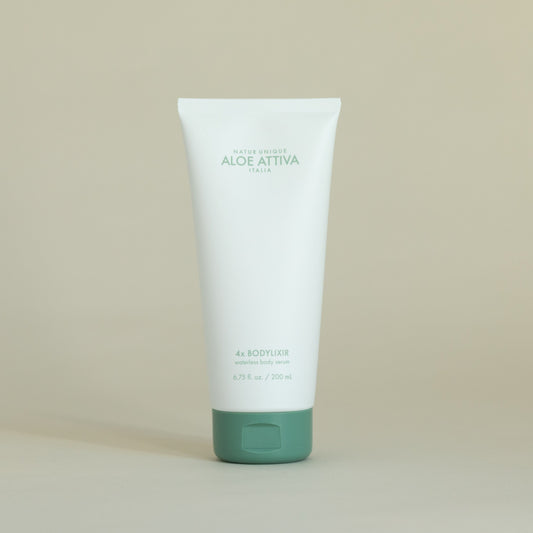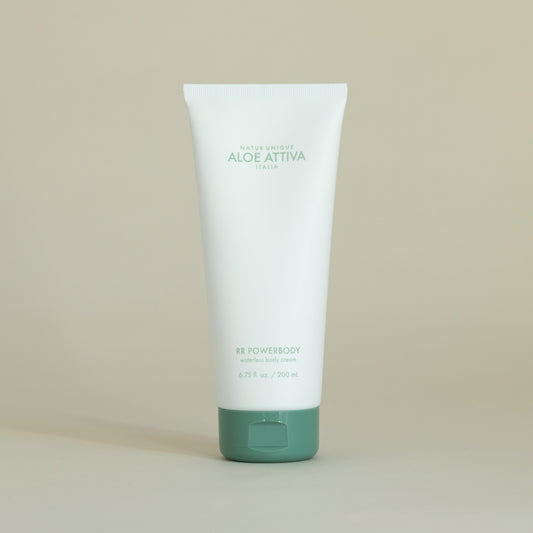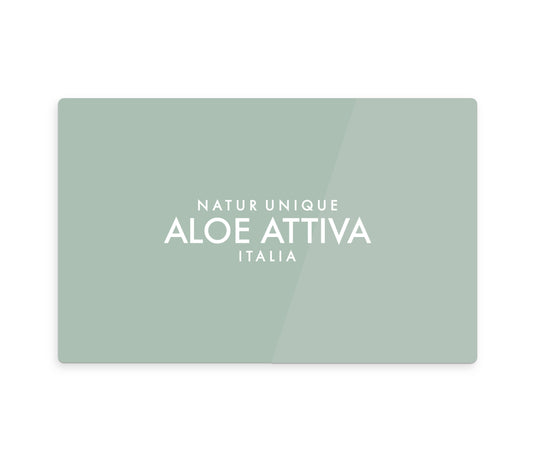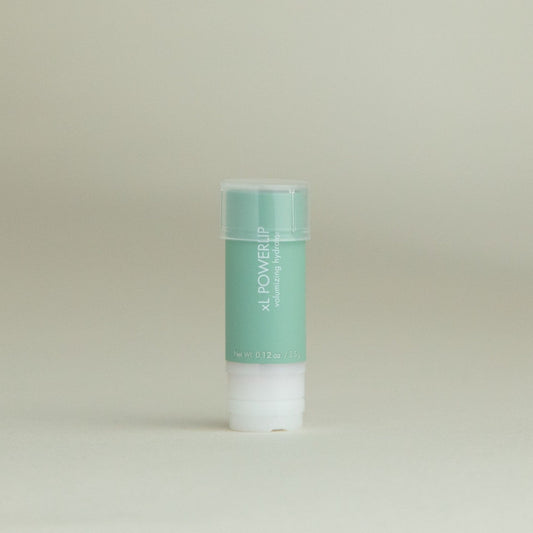
Collagen: Everything You Need to Know
Why is collagen so important to your skin and appearance?
Some people refer to collagen as the “glue” that holds everything together in your bones, skin, muscles, tendons, and ligaments. It is also found in many other parts of the body, including blood vessels, corneas, and your teeth.
Here is the 101 on collagen...
So what is collagen?
Collagen is the most prevalent protein found in the human body. It accounts for one-third of your body’s protein composition. It has various important roles, including providing structure to your skin and helping your blood clot. There are at least 16 different types of collagen, with four main types I, II, III, and IV.
Why is it important?
As you age, your body produces less and less collagen. Collagen is vital to your skin and one of the signs of low quality collagen is less firm and supple skin.
Natural Collagen Loss with Age
Aging results in the thinning of all three layers of the skin. These three layers include the epidermis, the dermis, and the hypodermis. The epidermis is the top layer of your skin which provides a barrier and protects the body from external harm. This layer covers the dermis, which contains connective tissue, hair follicles, sweat glands, and collagen. Under the dermis is the hypodermis, a layer of subcutaneous tissue made of fat cells and connective tissue. The thinning of these layers begins with the decrease of collagen. Collagen production decreases by about 1% with each year of age after the age of 21, which leads to a loss of firmness and elasticity in your skin.
How to promote collagen production:
As it is vital to your health and skin, it is important to be aware of this and to actively fuel your body with nutrients that promote the production of collagen. To increase collagen production, make sure you get plenty of vitamin c, proline, glycine, and copper. These nutrients are vital in creating procollen which is the first step to producing collagen. In addition to these nutrients, your body needs high quality protein that contains the amino acids needed to make new proteins. Meat, poultry, seafood, dairy, legumes, and tofu are all excellent sources of amino acids.
What are some things that damage collagen production?
1) Eating too much sugar. Sugar interferes with collagens ability to repair itself.
2) Too much sun. Ultraviolet radiation may disrupt collagen production.
3) Smoking. Smoking reduces collagen production in addition to causing wrinkles and impairments to wound healing.
The bottom line...
Collagen is an important protein that provides structure for your body. While decreased collagen production is a result of aging, the foods and nutrients you eat along with avoiding unhealthy habits can help maintain and promote collagen growth.

